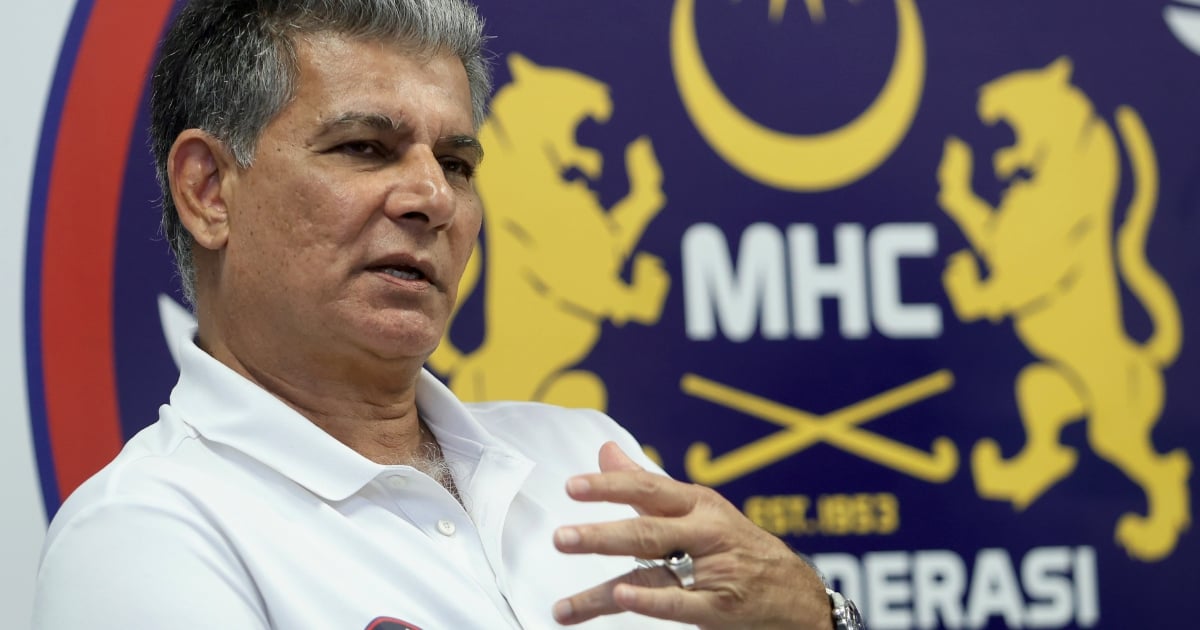KUALA LUMPUR: While Malaysia’s men’s hockey team showed improvement at last week’s Asia Cup in Bihar, India, the sad thing is that they did not live up to expectations.
World No. 12 Malaysia are ranked No. 2 in Asia, but coach Sarjit Singh’s men failed to qualify for the Asia Cup final.
The Speedy Tigers finished third in the continental tournament after a thumping 4-1 win over China. World No. 7 India beat world No. 13 South Korea 4-1 in the final, and qualified for next year’s World Cup in the Netherlands and Belgium.
Malaysia had gone to Bihar, eyeing that sole World Cup ticket, but it proved to be unachievable.
Nonetheless, the Speedy Tigers didn’t finish empty-handed this time. Sarjit got his first podium finish since taking charge of the national team last March. The team returned with a bronze and plenty of goals to gush about.
Malaysia scored a whopping 33 goals (26 field goals, six penalty corners and one penalty stroke) and conceded 11 in seven matches. Akhimullah Anuar Esook plundered a total of 12 goals to be the Asia Cup’s top scorer.
Former India national coach V. Baskaran, in an interview with Timesport, said the Malaysian team showed improvement in their games and were on track for next year’s Asian Games.
“Malaysia have some skilful players with the ability to score goals. Malaysia scored the most number of field goals (26) in the tournament. It’s a good indication for them,” said Baskaran, who captained India to the 1980 Moscow Olympics gold.
“Malaysia, however, need to overcome their mental strength and have belief in themselves… that they can beat any team in Asia.
“The Malaysian team have the tendency to fail to secure a win despite leading in matches.
“Malaysia also need to improve their midfield, which made errors against South Korea in the Super Four. Malaysia were leading 3-1 when their midfield made errors in the last 17 minutes to allow Korea to score three goals in seven minutes.
“This should not have happened. The midfield should have cut off the attacks from Korea. There’s no leadership in midfield, which is an important link between defence and the forward line.
“When Malaysia were leading 3-1, the forwards should have scored one more goal to finish off the match. But Malaysian players had the tendency to lose ball possession and allow their opponents to control the match. It’s like giving the remote control to their opponents.
“If Malaysia can improve all their shortcomings, then they will be a team to be reckoned with in tournaments,” added Baskaran.
© New Straits Times Press (M) Bhd





![MARKET PULSE PM NOV 6, 2025 [WATCH]](https://prwire.my/wp-content/uploads/2025/11/MARKET-PULSE-PM-NOV-6-2025-WATCH-300x158.jpg)
